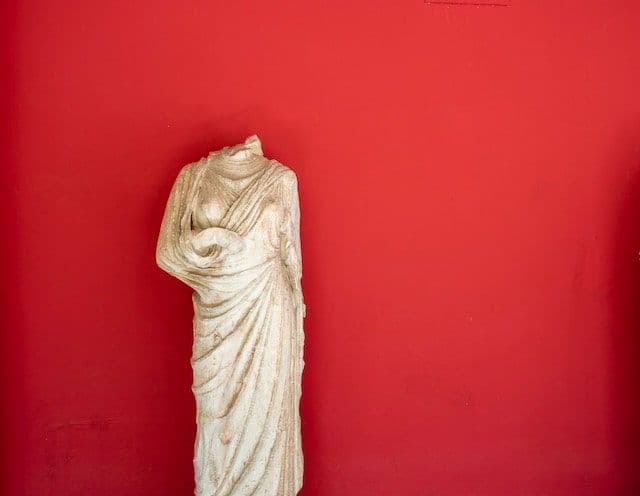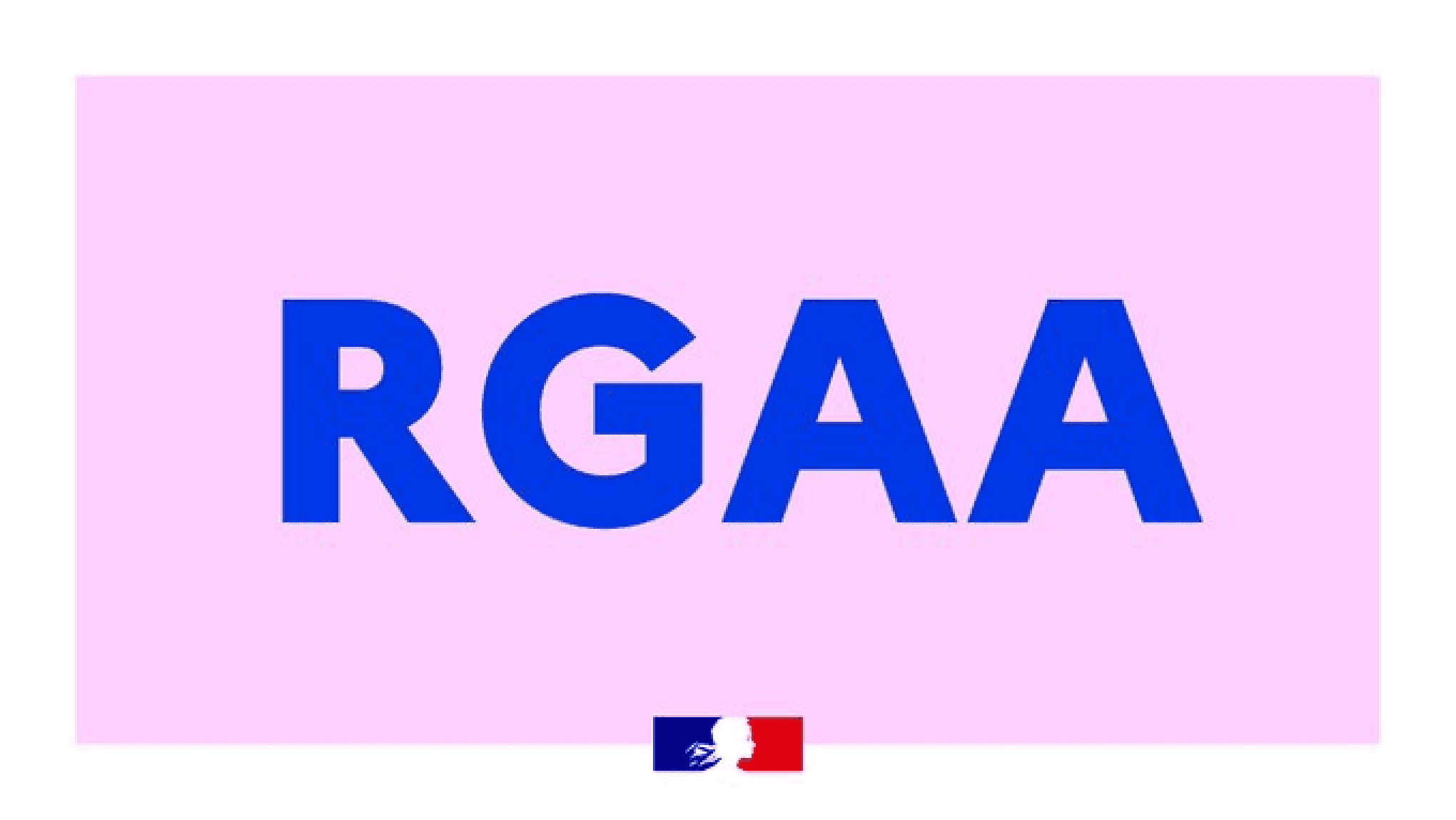TraditionalCMSorHeadlessCMS?

When can you use a traditional CMS?
A traditional CMS is a content management system that includes an integrated user interface for creating and managing content data.
This may be easier to use for non-developers, as it provides an intuitive visual interface for managing content data. Additionally, most traditional CMS are proven and offer a wide range of features and plugins to extend their functionality.
However, a traditional CMS can be limited when it comes to flexibility in presenting content data, as it is usually tied to a specific user interface.
It can also put an additional load on application performance because the user interface must be loaded in addition to the content data.

What are the benefits of using a headless CMS
A Headless CMS, or headless CMS, is a content management system that helps manage and store content data for an application, but does not provide a user interface for presenting that content. Instead, content data is accessed through an API that can be used by any application or website to display content.
There are several reasons why one may choose to use a Headless CMS rather than a traditional CMS with an integrated user interface.
First of all, a Headless CMS allows for greater flexibility in how content is presented, as it can be used with any application or website, regardless of the framework or design used.
Second, a Headless CMS can improve application performance by loading only the necessary content data, rather than loading the entire UI in addition to the content data. This can be particularly useful for high load applications, where performance needs to be maximized.
Finally, a Headless CMS can make it easier to maintain and update content data, as it can be done independent of the application or website using it. It can also enable better collaboration between development and content teams, allowing them to work more independently and freeing them from the constraints imposed by the user interface of a traditional CMS.

Traditional vs Headless, which one it the best?
It's hard to say which is better between a Headless CMS and a traditional CMS, as it depends on many factors and what you want to use it for.
Both types of CMS have their pros and cons, and the best option will depend on your needs and preferences.
In summary, a headless CMS may offer greater flexibility and improved performance, but it may be more difficult to use and offer fewer features than a traditional CMS. The best option will depend on your needs and preferences.

Articles of the same category

Digital Accessibility 2025: How do you make your website compliant with the RGAA?
08.01.25
Company, UX, Business, Design
Generate Passive Income by Becoming a Blacksmith Partner !
01.08.24
Business, Tech, Design
From web design and development agency to 360° agency!
24.06.24
Business